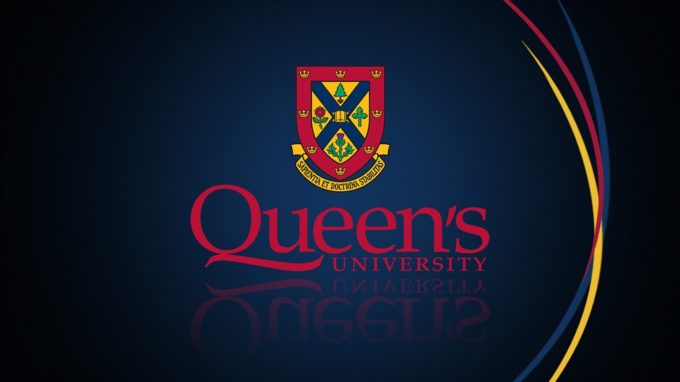
In re Queen's Univ. at Kingston: Federal Circuit Grants Privilege to Communications with non-Attorney Patent Agents
By Kevin Crenny – Edited by Stacy Ruegilin
In re Queen's Univ. at Kingston, No. 2015-145 (Fed. Cir. Mar. 7, 2016), opinion available here.
The Court of Appeals for the Federal Circuit, by writ of mandamus, reversed an order by the U.S. District Court for the Eastern District of Texas to compel production of documents containing communications between plaintiff Queen’s University and its non-attorney patent agents.
The Federal Circuit held that communications “relating to ‘obtaining legal advice on patentability and legal services in preparing a patent application’ will be kept privileged,” even if such communications are between a client and a non-attorney patent agent. In doing so, the court relied upon the Supreme Court’s decision in Sperry v. State of Florida ex rel. Florida Bar, 373 U.S. 379 (1963), hosted by justia.com, which had established that patent agents did practice law, albeit to a limited extent. The Circuit reasoned that protecting legal communications, even if neither party is an attorney, would serve Congress’ intent in establishing patent agents as an alternative to attorneys in this limited context. In so holding, the court established for the first time a patent-agent privilege, overcoming the general presumption against finding new forms of privilege.
This petition arose out of a patent infringement suit brought by Queen’s University against Samsung for alleged infringement of patented technologies that allow devices “to change their behavior based on the attentiveness of a user—for example, pausing or starting a video based on a user’s eye-contact with the device.” During discovery, Queen’s University withheld certain documents containing communications with patent agents. A magistrate judge granted a motion to compel production, which the District Court allowed over Queen’s University’s objections. Queen’s University then petitioned the Circuit for a writ of mandamus.
In holding as it did, the court relied heavily on the Sperry decision to establish that patent agents’ “preparation and prosecution of patent applications” before the U.S. Patent and Trademark Office does “constitute[] the practice of law.” Congress has authorized patent agents to advise clients and consider the advisability of various forms of protection, though only within a limited scope of Patent Office proceedings. The court accordingly limited the scope of the newly-created patent-agent privilege to these particular areas of patent agents’ work, cautioning that “before asserting the patent-agent privilege, litigants must take care to distinguish communications that are within the scope of activities authorized by Congress from those that are not.”
Judge Jimmie V. Renya dissented from the majority opinion, unconvinced that patent agents’ activities warranted a departure from the general “presumption against the creation of new privileges.” Judge Renya emphasized that the factors that lead the Supreme Court to extend privilege to psychotherapist-patient communications in Jaffee v. Redmond, 518 U.S. 1 (1996), were not present here. The majority agreed that the factors cited in Jaffee did not apply, but argued that those factors did not point against an extension of privilege in this case. The dissent also questioned whether the legislature, rather than the court, ought to decide extensions of new privileges. In response to this, the majority pointed to 1934’s Rules Enabling Act, which allows the courts to craft the Federal Rules of Civil Procedure and of Evidence.
The National Law Review provides a summary of the ruling. Practitioners from Mayer Brown and Pearl Cohen have also weighed in, each highlighting the increased confidence that clients may have in communicating with their patent agents (a benefit the court had also noted). All three commentaries, however, urge caution with regard to the narrow categories of communications covered by the new patent-agent privilege. Pearl Cohen in particular speculated that new litigation might include disputes over whether communications fall within the privilege.